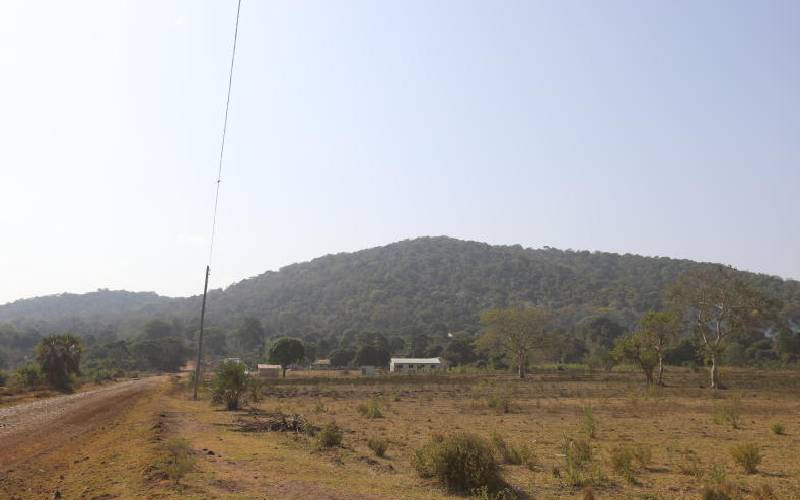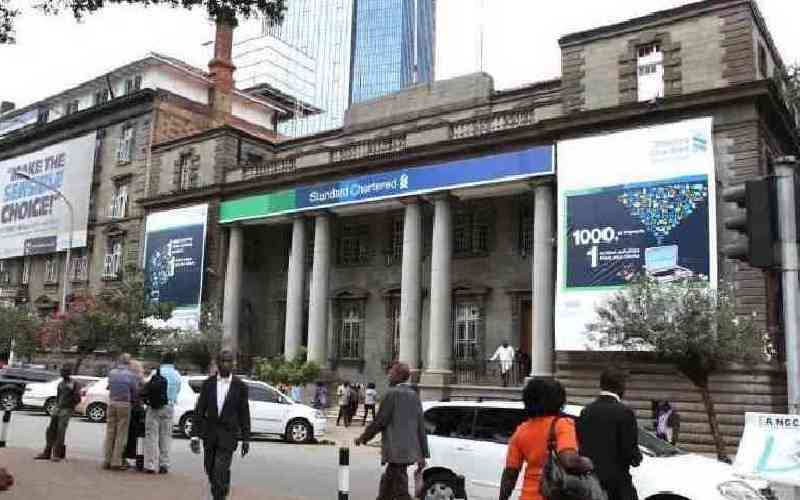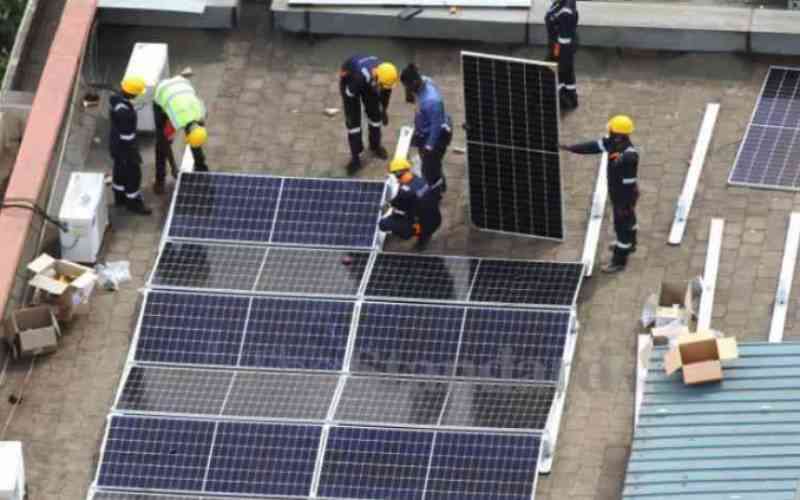
NAIROBI: Christopher Munjogu, 62, watches life in Kibera’s Soweto East pass by slowly. Outside his rickety, mud structure that seems to lean on the one next, some ducklings follow their mother, quacking as they occasionally wallow in a mucky trench. Two small boys keep stirring the murky waters, oblivious of the potential health implications of their actions.
The nearby paved road serves as the economic hub of Soweto and booms with all manner of businesses – pharmacies, cell phone stores, kerosene and charcoal dealers, hair salons and fish supplies. A boda boda rider ferries a pig from one end of the street to another while music blares from a stereo attached to his bike.







